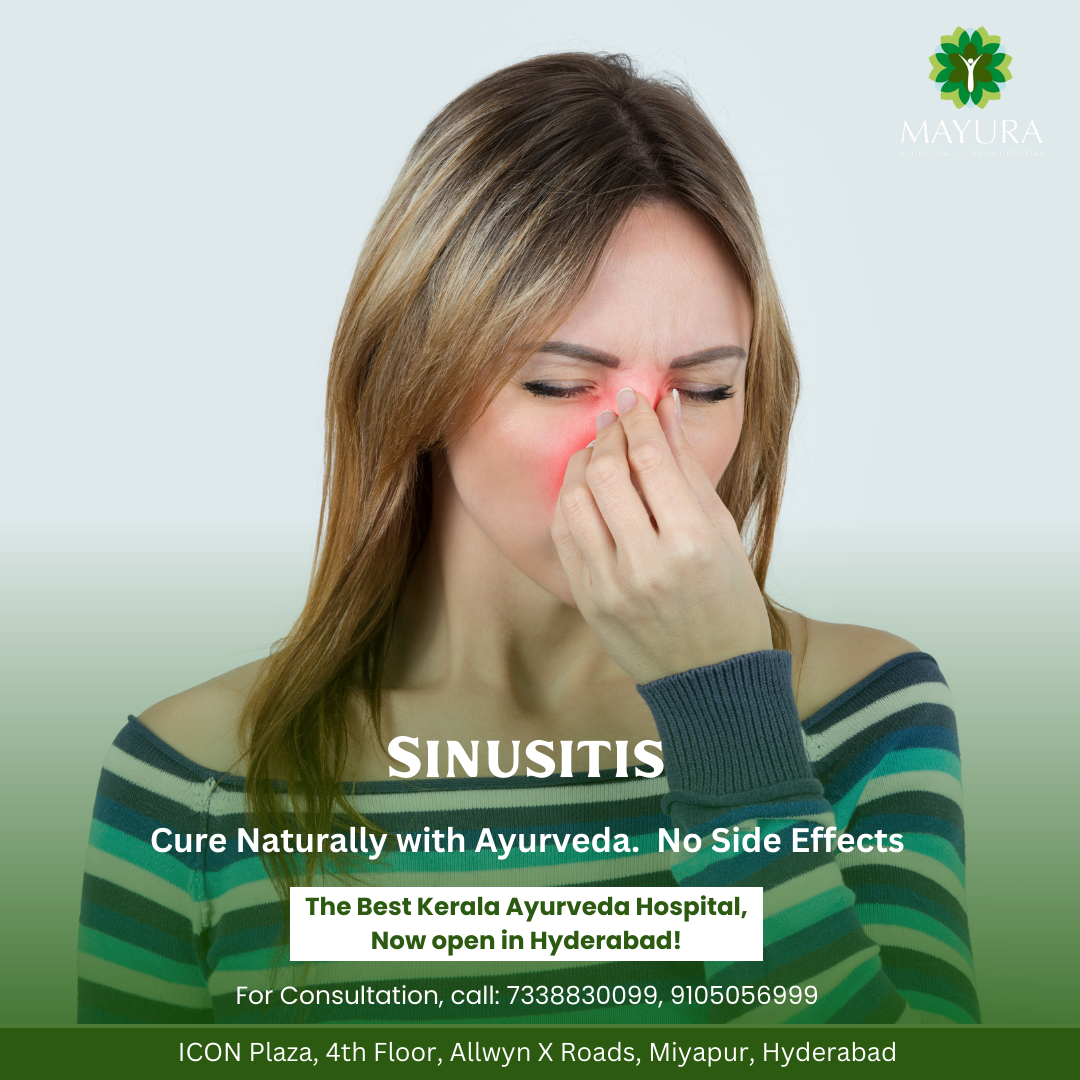Sinusitis, commonly known as a sinus infection, affects millions worldwide, causing discomfort, pain, and a range of bothersome symptoms. Understanding this condition is crucial to manage its impact effectively.
What is Sinusitis?
Sinusitis refers to the inflammation or swelling of the tissue lining the sinuses. These hollow cavities around the nose and eyes are typically filled with air, but when they become blocked and filled with fluid, it creates an environment where bacteria, viruses, or fungi can thrive, leading to infection.
Symptoms of Sinusitis:
The symptoms of sinusitis can vary, but often include:
1. Nasal Congestion: Difficulty breathing through the nose due to blockage or discharge.
2. Facial Pain or Pressure: Pain around the eyes, forehead, or cheeks, worsening when bending over.
3. Headache: Usually around the forehead area.
4. Coughing: Often worsening at night.
5. Fatigue: Feeling tired or generally unwell.
Types of Sinusitis:
There are different types of sinusitis, categorized based on their duration:
1. Acute Sinusitis: Lasts up to 4 weeks and is often caused by a bacterial infection following a cold or allergy.
2. Subacute Sinusitis: Lasts 4 to 12 weeks and might persist after an acute infection.
3. Chronic Sinusitis: Lasts beyond 12 weeks and might require prolonged treatment.
4. Recurrent Sinusitis: Involves several acute attacks within a year.
Treatment Options:
Treatment for sinusitis depends on the cause and duration of symptoms. Common treatments include:
1. Home Remedies: Nasal irrigation with saline solutions, steam inhalation, and warm compresses.
2. Medications: Decongestants, pain relievers, nasal corticosteroids, and antibiotics in bacterial infections.
3. Surgery: For chronic or recurring cases, surgery might be considered to improve sinus drainage.
Prevention Tips:
Preventing sinusitis often involves:
1. Hygiene: Regular hand washing to reduce the risk of infections.
2. Humidity: Using a humidifier to keep the air moist and prevent dry sinuses.
3. Allergy Management: Reducing exposure to allergens that trigger sinusitis.
4. Quitting Smoking: Smoking irritates the nasal passages and can worsen symptoms.
Consulting a Doctor:
If symptoms persist or worsen despite home care, consulting a healthcare professional is essential. A doctor can diagnose the specific type of sinusitis and recommend appropriate treatment.
In conclusion, understanding sinusitis, its symptoms, and management strategies is crucial for effective relief and prevention. By adopting healthy habits and seeking timely medical advice, individuals can alleviate discomfort and maintain optimal sinus health.
















